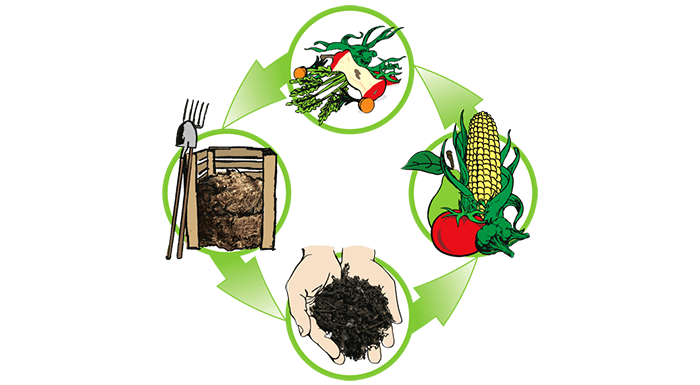
Here at Future Libraries we are always trying to help people around the world by providing good, educational information that can help them with practices that are good for our environment.
Composting is one of the easiest ways to help our environment by reusing materials that are found around our homes.
Composting is easy when done right and we have some helpful information and tips below to help you get the most out of your composting practices.
Read up and see what you can learn from the information below and if you have some helpful information or other good composting tips please leave us a reply at the bottom of the page so we can add it to out list so that others can benefit from the information as well. Sharing help other people so that they can help us lessen the impact we have on our environment.
Helpful Composting Tips and Information:
Pick the spot that is best for your compost heap or bin – It’s best to compost on a level, well-drained spot, which will ensure that any excess water can drain away. This also helps worms to get in to the compost and get to the job of breaking down the compost material.
Have a good composting bin – If you don’t want to have a compost heap on the ground, try a composting bin. They’re small, so they’re work perfectly for smaller gardens and yards.
Compost pile size – If you will be composting with a compost pile, a bigger pile is often better. Heat builds up easier with a big pile and that’s a key to the composting process. Don’t build one much bigger than about 4 feet by 4 feet though.
Use your kitchen scraps — Kitchen scraps are usually high in nitrogen which helps heat up the compost pile and to speed up the composting process. Some good kitchen scraps to use are egg shells, fruit and vegetable peels , used coffee grounds, are all great materials to add to your compost mix.
Keep your compost well aerated – If you are composting with a pile, or in non-tumbling compost bin, make sure to mix up the compost contents so that the compost pile gets plenty of oxygen which aids in the break down process. If you’re composting using a tumbling composer, be sure you turn it whenever you add new materials to your composting mix.
Don’t let the compost completely dry out – A compost pile needs moisture to keep the composting process active and working well.
Don’t keep your compost too wet – Same as too dry is bad, too wet is also something that you should always try to avoid.
Balance your compost materials – If you have all leaves, all grass clippings or an overload of any other single type of compost material it can throw off the balance of the compost pile. In general it’s good to keep a nice mixture of green and brown materials. Adding ripped up small pieces of cardboard is a easy way to create small air pockets that will help keep your compost healthy.
Your final compost product – When your compost is ready you’ll have a dark brown, almost black layer at the bottom of your compost pile. It should have a soft spongy texture and will be rich with nutrients. Spreading the finished compost into your flowerbeds will greatly improve your soil quality by helping it retain moisture and suppressing weed growth. It also helps to reduce the need to use chemical fertilizers and pesticides.
If you have some helpful information or other good composting tips please leave us a reply at the bottom of the page so we can add it to out list so that others can benefit from the information as well.





